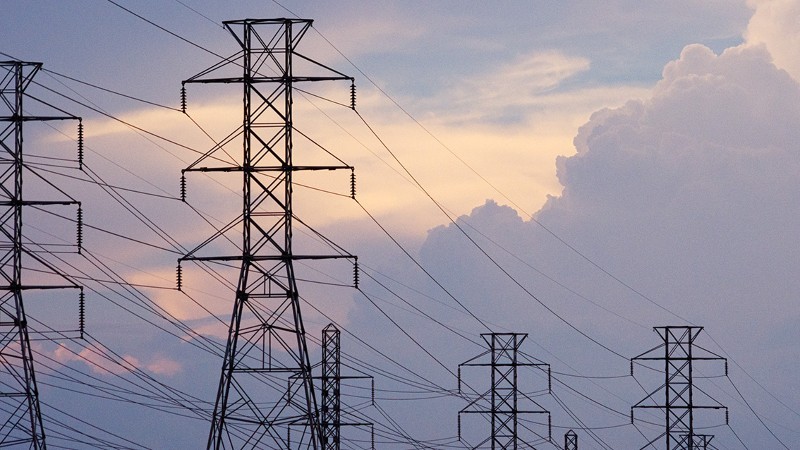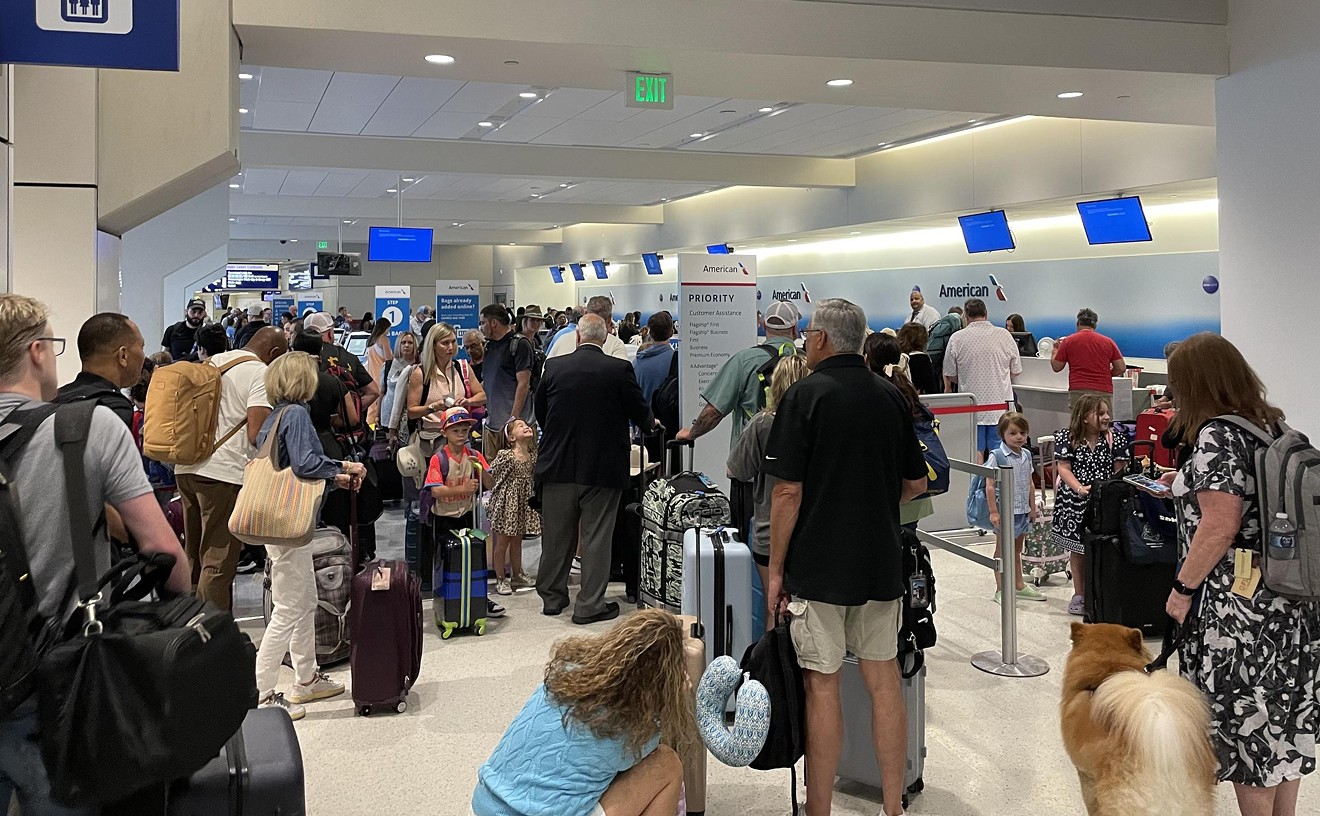Over 600,000 ONCOR customers lost power — some for nearly a week — beginning on May 28, when a gnarly storm blew through Dallas and downed a significant number of trees and power lines. It was the second-worst outage in ONCOR’s 112-year history, a spokesperson told the Observer. But for many long-time Texans, the delayed power restoration was a lot more of the same old.
We’re seeing it now, in Houston, where 35,000 CenterPoint customers remained without power more than a week after Hurricane Beryl blew through town, cutting off the lights for nearly three million households. And we saw it in 2021, when an estimated 70% of ERCOT customers lost electricity for days thanks to an unusually powerful winter storm.
Climate Central, a nonprofit research group that studies climate change and its impacts, recently determined that when it comes to states managing to keep the lights on during extreme weather events, Texas comes in dead last.
Between the years 2000 and 2023, Texas reported 210 weather-related power outages, outpacing runner-up Michigan by 53. Fifth-place Ohio recorded only 88 outages in the same time period.
“Many types of extreme weather are becoming more frequent or intense because of human-caused climate change. These events put stress on aging energy infrastructure and are among the leading causes of major power outages in the U.S.,” the study states. “The nation’s electrical grid wasn't built for the present-day climate.”
The study found that of all major power outages — outages affecting at least 50,000 customers — across the U.S. in the first two decades of the 2000s, 80% were caused by extreme weather events. Over half of those outages are caused by severe storms, a fifth are caused by winter weather and 14% are attributed to hurricanes.
It’s Getting Hot In Here
While extreme heat accounted for only 3% of the outages, it’s a growing concern for climate experts across the Lone Star State. In May, Victor Murphy, climate services program manager for the National Weather Service Southern Region, told the Observer he was concerned about the growing demand for energy that extreme heat and “burgeoning” population growth across the state are producing. At the beginning of summer 2024, Murphy was “confident” the statewide demand for power would result in new records being broken.
“The question is by how much? And will ERCOT be able to handle it?” Murphy said. “Hopefully, they can.”
The Climate Central study found that since 2012, every single U.S. region has had at least one major outage coinciding with extreme heat conditions, which increases electric demand as customers attempt to cool down.
(When we spoke with Murphy again last week about the unseasonably cool(ish) temperatures coming to the North Texas through the end of July, he said the region has been lucky, so far, with the heat. ERCOT supply and demand has remained promising into the summer.)
And despite the fact that Texas routinely turns off the lights, any electric bill savings are a moot point.
According to data by the National Oceanic and Atmospheric Administration (NOAA), Texas also leads the country in the billions of dollars spent on weather and climate disasters. Between the years 2000 and 2023, extreme weather has caused over $370 billion in damage across the state.
Hurricanes are by far the most costly weather event Texas faces, with severe storms taking second place.












